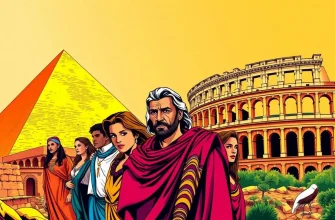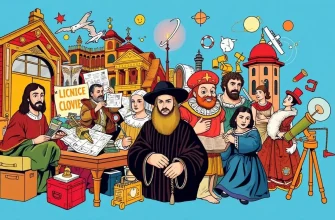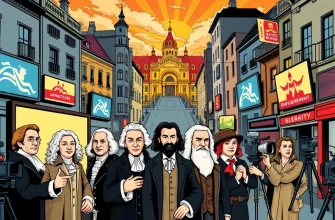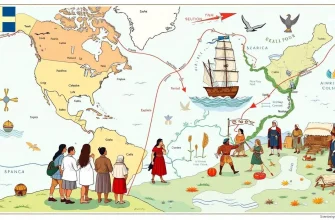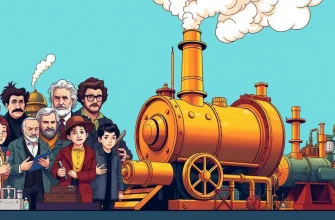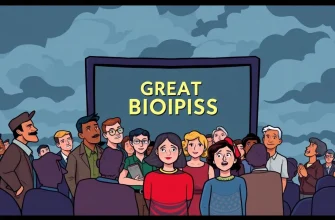Delving into the annals of history, these biographical films provide a window into the complex and often tumultuous world of colonisation. From the personal stories of those who shaped empires to the struggles of the colonised, this collection offers a rich tapestry of narratives that not only entertain but also educate, shedding light on the human aspects of these historical events. Whether you're a history buff or simply love a good story, these films will captivate and enlighten.
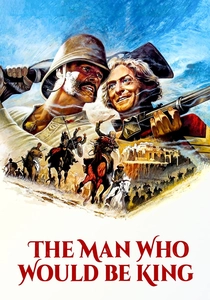
The Man Who Would Be King (1975)
Description: Based on Rudyard Kipling's story, it follows two British adventurers in colonial India who attempt to become kings of a remote tribe, showcasing the hubris of colonial ambition.
Fact: Sean Connery and Michael Caine, who starred in the film, were good friends in real life, adding to the chemistry on screen.
 Watch Now
Watch Now
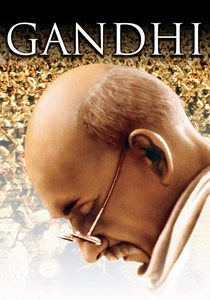
Gandhi (1982)
Description: This epic biopic chronicles the life of Mahatma Gandhi, highlighting his non-violent struggle against British rule in India.
Fact: The film was shot in India, with over 300,000 extras used in the funeral scene.
 Watch Now
Watch Now
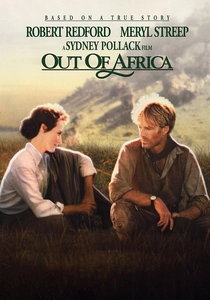
Out of Africa (1985)
Description: Based on Karen Blixen's memoir, it depicts her life in Kenya, her coffee plantation, and her relationship with Denys Finch Hatton, offering a colonial perspective.
Fact: Meryl Streep learned to speak Danish for her role as Karen Blixen.
 Watch Now
Watch Now
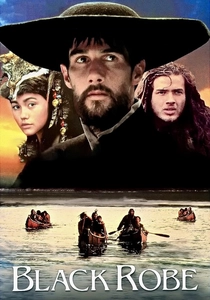
Black Robe (1991)
Description: Set in the 17th century, it follows a Jesuit priest's journey into the Canadian wilderness, exploring the cultural clash between European settlers and Native Americans.
Fact: The film was shot in Quebec, Canada, with many scenes filmed in the harsh winter conditions to add authenticity.
 Watch Now
Watch Now
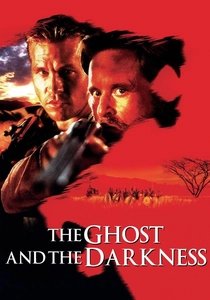
The Ghost and the Darkness (1996)
Description: Set during the construction of the Uganda Railway, it portrays the real-life events of the Tsavo maneaters, reflecting on the challenges of colonial engineering projects.
Fact: The film is based on the true story of the Tsavo maneaters, two man-eating lions that killed workers during the railway's construction.
 Watch Now
Watch Now
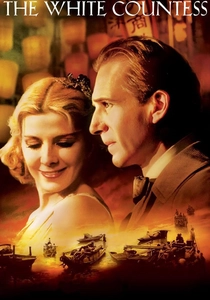
The White Countess (2005)
Description: Set in 1930s Shanghai, this film explores the lives of expatriates and the impact of colonial powers on the local population during a time of political upheaval.
Fact: The film was directed by James Ivory, known for his period dramas.
 Watch Now
Watch Now
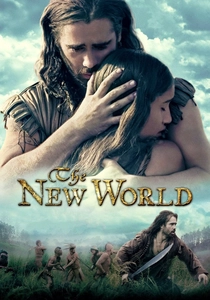
The New World (2005)
Description: This film tells the story of the early years of the Jamestown settlement and the relationship between John Smith and Pocahontas, offering a nuanced view of colonisation.
Fact: Terrence Malick, known for his meticulous filmmaking, shot over 13 hours of footage, which was then edited down to the final cut.
 Watch Now
Watch Now
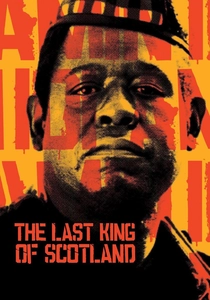
The Last King of Scotland (2006)
Description: While not directly about colonisation, it provides insight into the post-colonial era through the story of Idi Amin's Uganda, reflecting on the aftermath of British rule.
Fact: Forest Whitaker won an Academy Award for Best Actor for his portrayal of Idi Amin.
 Watch Now
Watch Now
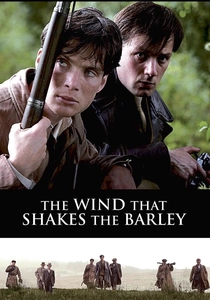
The Wind That Shakes the Barley (2006)
Description: This film delves into the Irish War of Independence and the subsequent Civil War, reflecting on the fight against British rule and the internal conflicts it sparked.
Fact: The film won the Palme d'Or at the Cannes Film Festival in
 Watch Now
Watch Now
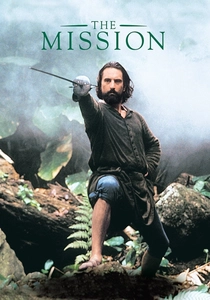
The Mission (1986)
Description: This film explores the clash between Jesuit missionaries and Portuguese colonialists in 18th-century South America, focusing on the moral dilemmas faced by the characters.
Fact: The film was shot on location in Colombia and Brazil, and the waterfall scenes were filmed at the Iguazu Falls.
 30 Days Free
30 Days Free


